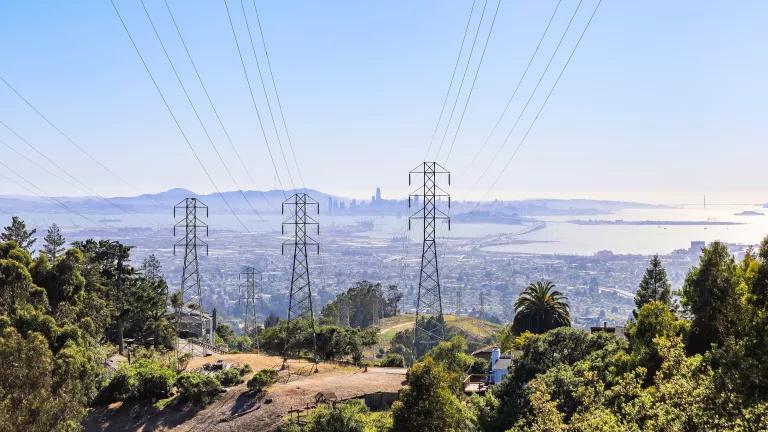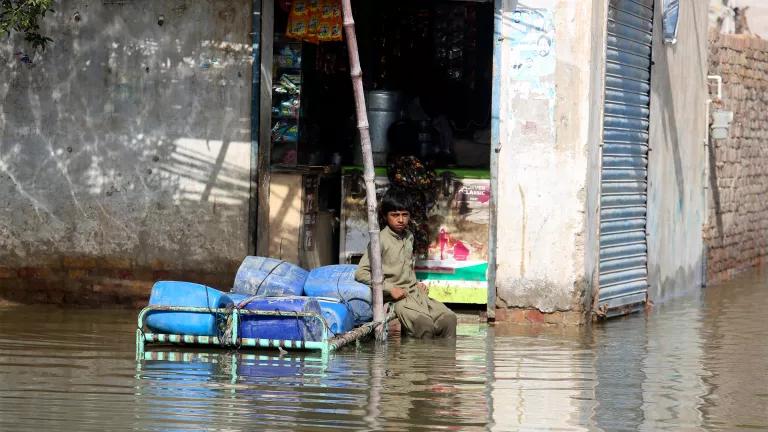Pennsylvania to Join Regional Effort to Slash Climate-Damaging Power Plant Pollution
Turning away from its fossil fuel past, the Keystone State is preparing to join the Regional Greenhouse Gas Initiative—a significant win for our climate and public health.

Governor Wolf at a solar farm in 2017 in Elizabethtown, Pennsylvania
Turning away from its fossil fuel past, the Keystone State is preparing to join the Regional Greenhouse Gas Initiative—a significant win for our climate and public health.
Pennsylvania governor Tom Wolf took a significant step today to fight the climate crisis by directing the state’s Department of Environmental Protection to join the Regional Greenhouse Gas Initiative (RGGI), a state-led effort across the Northeast and Mid-Atlantic to reduce pollution from power plants.
“This is a decisive signal that Pennsylvania is stepping up its climate leadership,” says Mark Szybist, a senior attorney at NRDC. “As the legislature pushes subsidies for fossil fuels, Governor Wolf is putting Pennsylvanians on the path to a cleaner, more prosperous future.”
Launched in 2009, RGGI is a market-based program that sets a declining limit, or cap, on carbon emissions from the power sector and requires power plants to purchase carbon permits, or allowances, to account for their pollution. These allowances, which are sold at auction, provide states with resources to invest in energy efficiency, renewable energy, and other initiatives that benefit consumers.
So far the program has saved consumers hundreds of millions of dollars on energy, created thousands of new jobs, and improved public health by cutting carbon pollution from the region’s power plants in half. The states that are currently in RGGI are Connecticut, Delaware, Maine, Maryland, Massachusetts, New Hampshire, New York, Rhode Island, and Vermont; New Jersey and Virginia are also in the process of joining.
As the climate crisis worsens, Pennsylvania has been smashing heat records, and the state has seen an increase in hospital visits due to allergies and pest-borne diseases, all made worse by climate change.
“Joining this regional effort would not only curb climate pollution, it would also jump-start the state’s transition to a clean energy economy,” says Szybist. “This is a win for strong climate action.”



